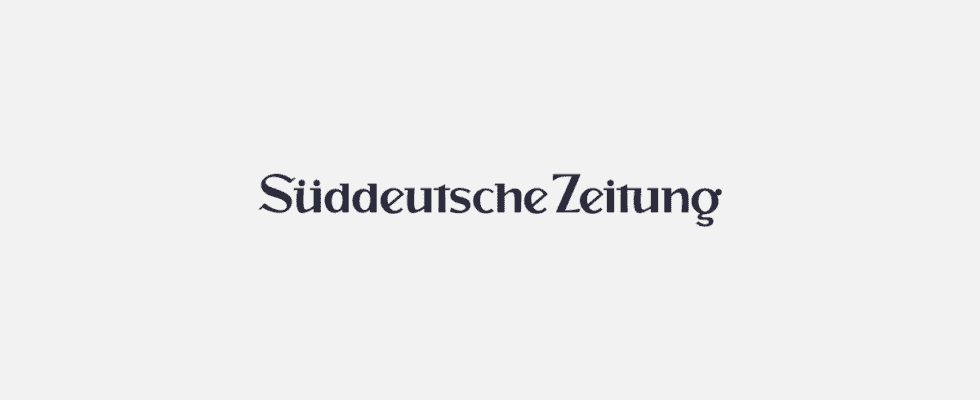The school system is not only a hierarchical cosmos in Bavaria, great freedoms are rare. Against this background, it was logical that the speakers at the sixth Bavarian Teachers’ Media Day on Wednesday acted as encouragers and providers of ideas. “Teachers have to shed the fear of not being able to do something,” said Bob Blume, educational influencer and high school teacher from Baden-Württemberg. Educators would have to get away from the fact that everything has to work immediately when it comes to digitization. “You don’t give elementary school students an alphabet and expect them to be able to write straight away.” Dirk von Gehlen, journalist and director of the think tank at the SZ Institute, appealed to educators to try things that are considered unthinkable.
The appeal for more courage came again and again at this event broadcast from Munich to the state by the Bavarian newspapers in cooperation with the state center for political education. Sure, the 500 registered teachers are likely to be those who are open to new ideas. But they can take their more timid colleagues with them and set an example.
“What social networks can learn from schools” was the title of Gehlen’s presentation. The answer should have been well received by the training participants: a lot. Schools are better than their reputation when it comes to teaching media skills, said Gehlen. This has been shown by studies in which 14 to 29 year olds consider themselves to be significantly more competent than their grandparents’ generation. “So the commitment of the teachers is bearing fruit.”
Accordingly, it is important what teachers should convey to the students so that they can keep up in the digital space: strategies for overtaxing, a culture of debate and a cultivated interaction with one another. Pupils have to meet again the next day, unlike in social networks, where points of view are thrown out unfiltered without fear of consequences.
Dealing with other opinions is important, said Gehlen, because debates and opinions have changed. Opinions are no longer “suggestions” in a discussion, at the end of which compromises are found or persuaded, but rather an expression of personality and identity. People hide behind it and discussion only strengthens this opposition. Young people should learn how to deal with this and accept other perspectives at school.
High school teacher Blume provided examples of how teachers and students can get involved in social media and implement curricula at the same time. He had the arguments discussed by a local Facebook group that was upset about “Fridays for Future”. The students then wrote a blog post, which was posted to the Facebook group and led to a productive discussion. The students thus became participants in the public discussion and felt self-efficacy, a motivator that should not be underestimated. Or his class added the Wikipedia entry to Thomas Mann’s book “Confessions of Felix Krull the Imposter”https://www.sueddeutsche.de/bayern/.”You have to read the article really well to find errors or gaps”, said flower. And read the book well.
Schools need space for such projects: for students to show their expertise. For teachers to step away from the curriculum and take classes with local newspapers or social media.

